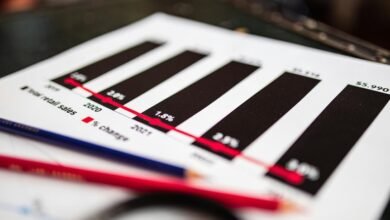Instanonimi: O Significado da Anonimidade em Processos Legais

Instanonimi raises significant questions about the role of anonymity in legal processes. It offers benefits such as increased witness participation and honest testimony. However, it also presents challenges in verifying identities and maintaining judicial integrity. This duality creates a complex landscape where the need for protection must be balanced against the imperative for accountability. The ongoing discourse highlights the tension between these competing interests, prompting a critical examination of how justice can be effectively served.
The Benefits of Anonymity in Legal Contexts
Although anonymity in legal contexts may raise concerns regarding transparency, it offers several significant benefits that can enhance the efficacy of legal processes.
Confidential testimony provided by witnesses under anonymity encourages open communication, allowing for more honest and forthright disclosures.
Furthermore, privacy protection safeguards individuals from potential reprisals, thereby fostering a safer environment for participation in legal proceedings, ultimately strengthening the pursuit of justice.
Challenges and Risks Associated With Anonymity
While anonymity can enhance participation in legal processes, it also introduces significant challenges and risks that must be carefully considered.
Identity verification becomes problematic, potentially undermining the integrity of judicial proceedings. Furthermore, anonymity may compromise legal transparency, hindering the accountability necessary for a fair justice system.
Balancing these dynamics is crucial to ensure that the benefits of anonymity do not outweigh its inherent risks.
The Ongoing Debate: Balancing Anonymity and Accountability
How can legal systems effectively balance the need for anonymity with the imperative of accountability?
This ongoing debate highlights critical privacy concerns versus transparency issues. Proponents argue that anonymity protects vulnerable individuals, while critics contend it may shield wrongdoers.
Striking an equilibrium necessitates thorough consideration of the implications for both personal privacy and the integrity of legal processes, ensuring justice without compromising essential freedoms.
Conclusion
In the intricate tapestry of justice, anonymity serves as both a protective cloak and a double-edged sword. While it shields the vulnerable from the tempest of reprisal, it simultaneously risks obscuring the truth beneath layers of shadows. The ongoing discourse mirrors the timeless dance of light and darkness, where the quest for transparency must be weighed against the necessity of safeguarding the fragile. Ultimately, a harmonious balance is essential to uphold the integrity of the legal process while nurturing the voices that dare to speak.





